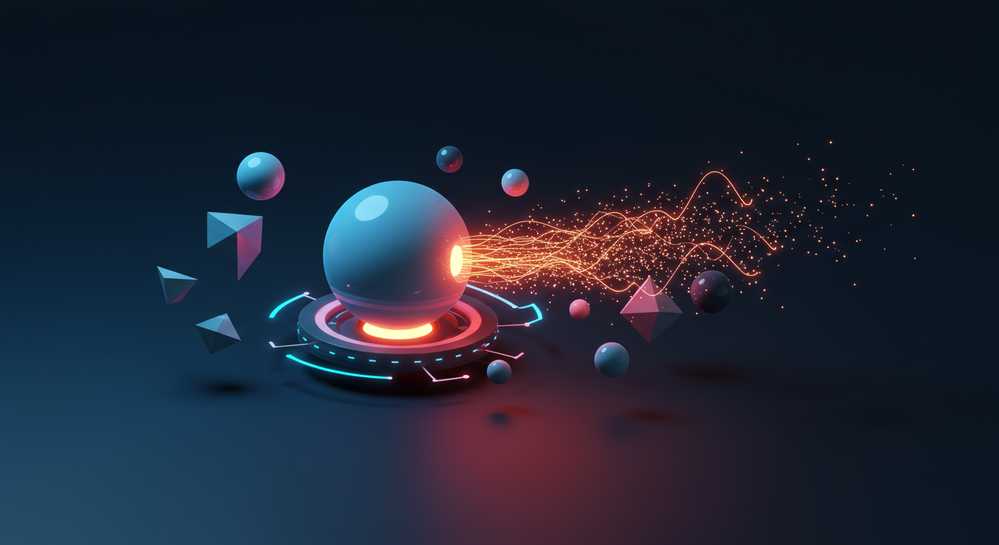Navigating the world of artificial intelligence often leads to many inquiries. This guide provides clear, direct, and expert-driven intelligent agent questions and answers to demystify how these autonomous systems operate. We will explore their core functions, types, and real-world applications, offering you a solid foundation on one of AIs most critical concepts. Lets dive into the essentials without the complex jargon.
Contents
What exactly is an intelligent agent in AI

An intelligent agent, often abbreviated as IA, is an autonomous entity in artificial intelligence that observes its environment through sensors and acts upon that environment using actuators to achieve specific goals. Think of it as a smart system capable of making decisions and taking actions on its own without direct human intervention. The core purpose of an IA is to operate rationally, meaning it strives to perform the best possible action to achieve the best expected outcome.
Core answers to intelligent agent questions
Understanding the key characteristics provides clear answers to common intelligent agent questions. These traits define what makes an agent truly intelligent and autonomous.
- Autonomy: It operates independently and controls its own actions to pursue its goals.
- Reactivity: It perceives its environment and responds in a timely fashion to changes.
- Pro-activeness: It takes initiative to achieve goals rather than simply reacting to stimuli.
- Social Ability: It can interact with other agents or humans to complete its tasks.
These characteristics are what separate a simple program from a true intelligent agent. This capability is crucial in dynamic environments, powering sophisticated applications from robotics to the most effective AI trading bots that you need, which must analyze market data and execute trades in milliseconds.
What are the primary types of intelligent agents
Intelligent agents are not a one-size-fits-all concept. They are categorized by their level of intelligence and capability. Understanding these types is essential to grasp how different problems are solved in AI and provides clear answers to many intelligent agent questions. The primary categories are ordered from simplest to most complex.
- Simple Reflex Agents: These select actions based on the current percept, ignoring history. They operate on a simple condition-action rule, like a thermostat.
- Model-Based Reflex Agents: These maintain an internal state to track the world. They use a model to handle partially observable environments effectively.
- Goal-Based Agents: Beyond a model, these agents have goal information. They choose actions that will help them achieve a specific objective.
- Utility-Based Agents: When multiple paths exist, these agents select the one maximizing their utility, ensuring the most beneficial outcome.
- Learning Agents: These agents learn from experience. A learning element allows them to improve performance, forming the basis of modern AI.
This hierarchy shows a clear progression from basic automation to adaptive systems. The distinction is as vital as understanding the nuances between undefined in financial markets.
How do intelligent agents function in the real world

To understand how intelligent agents function, the PEAS model offers a clear framework: Performance Measure, Environment, Actuators, and Sensors. This model helps define the problem an agent is built to solve, providing practical answers to many intelligent agent questions. Analyzing real-world examples through this lens reveals their operational logic.
Example: a self-driving car
- Performance Measure: Safety, speed, legality, and passenger comfort.
- Environment: Roads, other vehicles, pedestrians, and traffic signals.
- Actuators: Steering, acceleration, braking, and signal lights.
- Sensors: Cameras, GPS, radar, and sonar.
Example: a crypto trading bot
- Performance Measure: Profitability, risk management, and execution speed.
- Environment: Digital exchanges, blockchain data, and live market news.
- Actuators: API calls to execute buy or sell orders.
- Sensors: Price feeds, order book data, and sentiment analysis.
These examples show how agents are tailored to their specific tasks. They interact with unique environments to achieve success, a crucial concept for anyone exploring undefined.
Key questions about the future and challenges of intelligent agents

As intelligent agents become more integrated into our lives, several important questions arise. This section provides answers to key intelligent agent questions about their development, capabilities, and future. Understanding these points offers a clearer picture of where this technology is heading.
What is the link to machine learning
Machine learning is the engine that powers the most advanced intelligent agents. While an agent is the autonomous system, ML provides the ability to learn from experience. Essentially, ML algorithms are the tools that make agents adaptive and smarter over time. This allows them to improve their performance without explicit reprogramming for every new situation.
What are the biggest development challenges
Creating truly effective intelligent agents faces significant hurdles. A primary challenge is managing uncertainty and complexity in dynamic environments, like a self-driving car in unpredictable traffic. Other major obstacles include ensuring ethical decision-making, preventing malicious use, and handling the vast computational resources required for complex tasks.
What does the future hold for agents
The future of intelligent agents points towards greater autonomy and deeper integration across industries. We can expect more sophisticated agents in personalized medicine, fully autonomous supply chains, and advanced scientific research. They will become more collaborative, working in teams to solve problems too complex for a single agent to handle alone.
Understanding intelligent agents is key to grasping the future of automation and artificial intelligence. These systems are already shaping our digital experiences, from simple tasks to complex problem-solving. As this technology evolves, staying informed is crucial. For more insights on cutting-edge automated tools, explore the resources at Best Dex Sniper Bots and stay ahead of the curve.